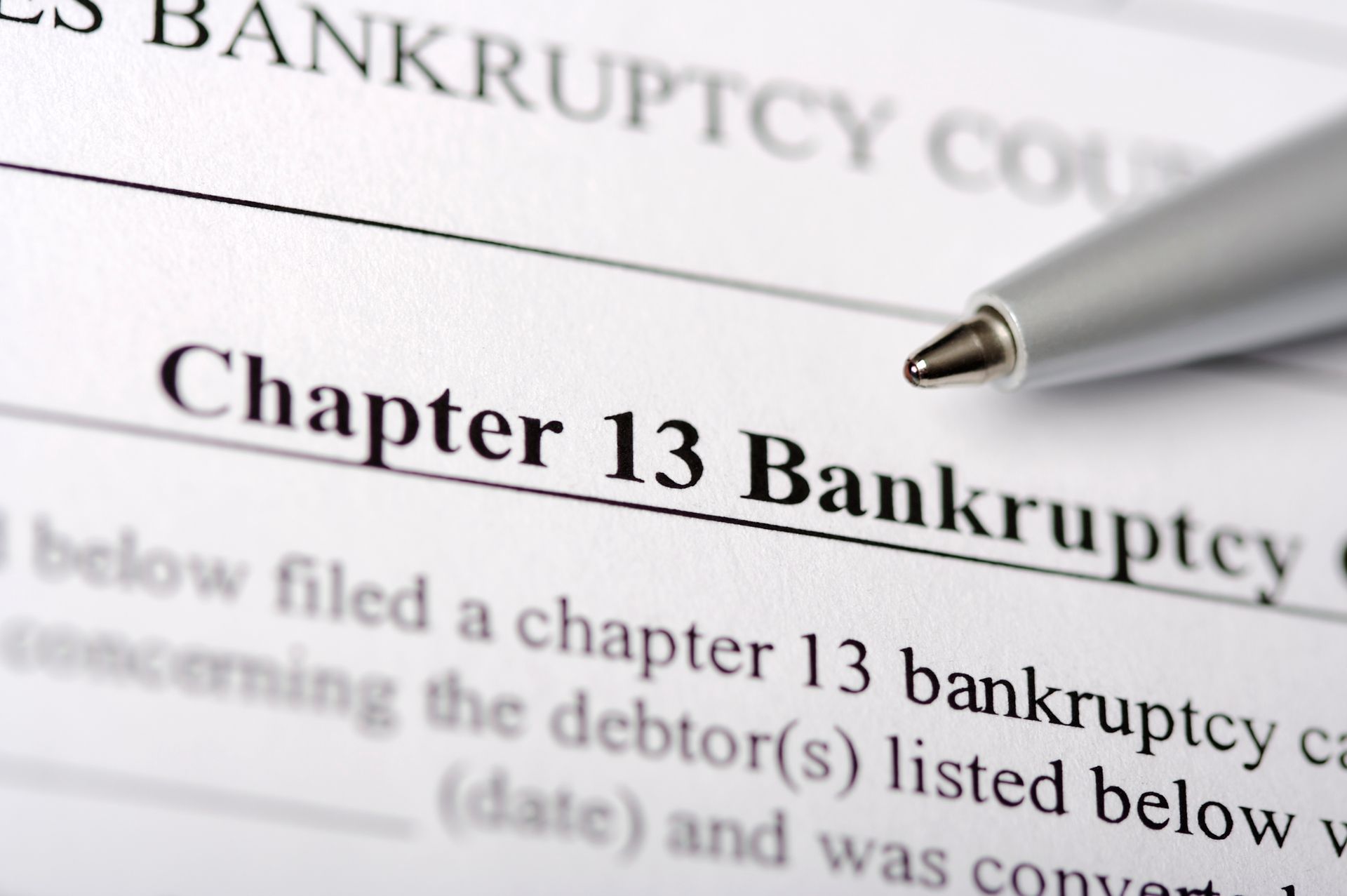Disclaiming Your NJ Inheritance to Avoid Creditors in Bankruptcy - Attorney in Wall Township Weighs In

Being named the beneficiary in someone’s will is typically considered a positive financial development. While most people are not celebrating the passing of a loved one, it can feel good to know that they thought your relationship worthy of naming you as an heir. Additionally, if you share assets with the deceased, an inheritance from savings, retirement plans, or life insurance can make you feel more prepared to face a financial future without them.
However, not everyone named as a beneficiary of an estate will view the situation positively. Some individuals facing extreme debt may not wish to accept the inheritance to avoid the funds going directly to creditors. Depending on your legal and financial situation, you may want to reject the gift of your inheritance. But can you?
Veitengruber Law is an experienced law firm and bankruptcy attorney in Wall Township. We have worked with many locals to help them make informed decisions about their options when dealing with unmanageable debt. Figuring out how to deal with being named as an heir during bankruptcy can be tricky, but we are here to help.
Here are some things to consider:
What happens if I receive an inheritance while swimming in debt?
When you are struggling to deal with a mountain of debt that you just can’t seem to chip away at, creditors are likely to come calling. If you have creditors constantly calling or threatening legal action—or if legal action is already in progress—you can be certain that those creditors will be very aware if you receive a sudden inheritance.
Once your creditors are aware of your inheritance, they will use every legal avenue available to them to secure the funds to pay back your debts. They can petition the court to have your bank account levied, allowing them to gain access to the funds in the account to settle your debts.
Can I reject an inheritance?
Yes, you can.
Under New Jersey estate law, you are legally allowed to refuse to accept a gift. In this case, the “gift” is your inheritance. This right is commonly referred to as a disclaimer. However, how you choose to disclaim your inheritance can impact the outcome.
While you may be hoping to divert this inheritance to your children or other beneficiaries, that won’t work. Diverting an inheritance to avoid paying creditors is a criminal offense. It is highly probable that your creditors will still be able to access these funds under the Uniform
Fraudulent Transfer Act.
Disclaiming your inheritance altogether so the funds never pass into your possession at all is the only way to ensure creditors do not gain access to the funds. Because the inheritance will remain with the original holder of the assets, the creditors will be unable to petition the estate for the funds needed to settle your debts. That money will instead pass to the next listed beneficiary.
What if the inheritance is physical property?
If the inheritance is physical property, like a home, car, or other secured asset, it could still be vulnerable to creditors once it passes into your possession. For example, if you inherit a home, your creditors can request that a lien be placed on the property to secure it against your debt. This would give them the ability to foreclose upon the property, dissolving your ownership rights and using the funds from the sale of the property to settle your debt.
There are some exemptions to this. For example, the Homestead Exemption may allow you to protect your home if: 1) you live in the inherited property, and 2) the equity in the home is less than the amount owed to your creditors.
What happens to my inheritance if I am in the middle of bankruptcy?
If you are the recipient of an inheritance after you have already filed for bankruptcy, it could become part of your bankruptcy estate. For Chapter 13 bankruptcy, this could mean you will be expected to pay back more to your creditors than you would have before the receipt of the inheritance. If you are filing Chapter 7, it may mean that the trustee will use the inheritance to repay creditors.
It all depends on timing. If you inherit the money before filing for bankruptcy, it will automatically be included in your bankruptcy estate. If you become entitled to an inheritance 180 days after you have already filed for bankruptcy, you are required to notify the court and include the inheritance in your bankruptcy estate. It doesn’t matter if you receive the inheritance within the 180 days—simply becoming entitled to the inheritance means it must be included in your estate.
After 180 days from filing for bankruptcy, the consequences of accepting an inheritance may be different. If you declare Chapter 7 bankruptcy, you will be able to claim any inheritance that you become entitled to after the 180-day mark. In Chapter 13 bankruptcy, a judge must decide if the inheritance will enter the estate to go to the creditors or if your plan needs to be revised.
Can estate planning help my beneficiaries avoid creditors?
If you or a loved one is concerned about inheritance, the best way to resolve the problem is to do so before the death of the person writing the will. Working with a skilled estate planning lawyer can illuminate all your estate planning options and help you determine the best way to ensure your wishes are carried out. Trusts are an efficient way to protect assets from creditors. A protected trust is a separate legal entity that holds listed assets and property for the benefit of beneficiaries.
While your creditors would still be able to access any funds distributed from the trust into your accounts, they could not access the money unless you chose to take a distribution. With a trust in place, you could work towards getting out of debt through debt settlement, bankruptcy, or other repayment options before taking a distribution of your inheritance, ensuring it is protected from creditors.
Another option is to leave your financially encumbered loved one out of the will altogether, instead choosing to name their children or other loved ones as beneficiaries. Creditors will have no claims to any money inherited by children, spouses, or other family members not listed on the defaulted accounts.
If you want to ensure that all your beneficiaries receive their inheritance, regardless of financial struggles, an experienced estate planning attorney can help.
How can I get out of debt now?
If the idea of receiving an inheritance has you worried about creditors, chances are it is way past time you found a solution to your financial struggles. No matter how bad your debt situation is, there is a way to improve your finances and finally escape the stress of constant debt and creditor calls. Veitengruber Law can help. Our Wall Township team has experience in debt management, bankruptcy, and estate planning. Our knowledgeable team can devise a workable solution to help you overcome unmanageable debt and work towards a brighter future.










